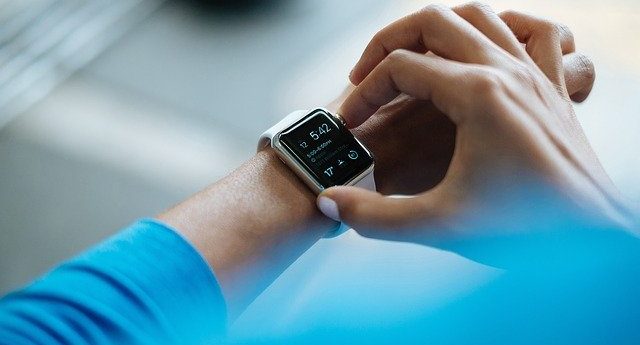Wearable fitness trackers could improve real-time flu surveillance

A study employing heart rate and sleep pattern data from Fitbit users has observed significantly improved influenza-like illness predictions across all study areas. Incorporating de-identified data from wearable devices monitoring individuals' resting heart rates and sleep improves predictions of influenza-like illness (ILI), a study published in The Lancet Digital Health suggests. Influenza is very common, with 7% of working adults and 20% of children under 5 years of age in the USA affected annually. ILI surveillance currently relies largely on syndromic and virologic surveillance, which burdens reports with a 1—3-week lag — time in which outbreak responses could be employed...
